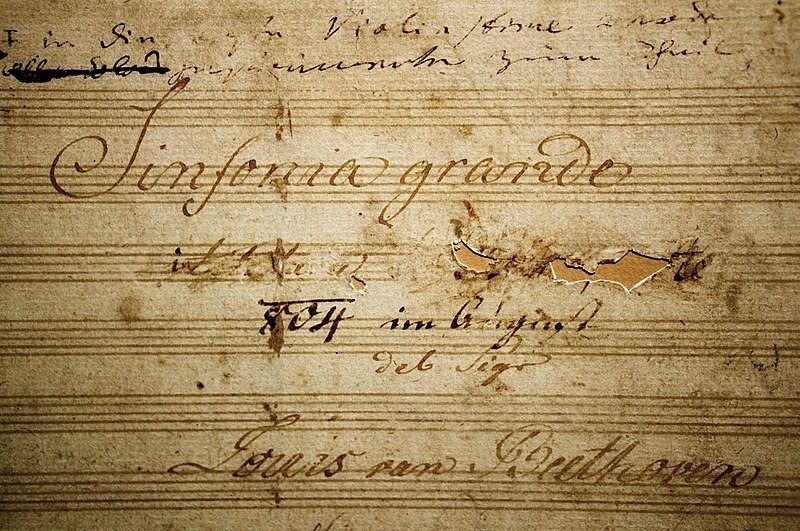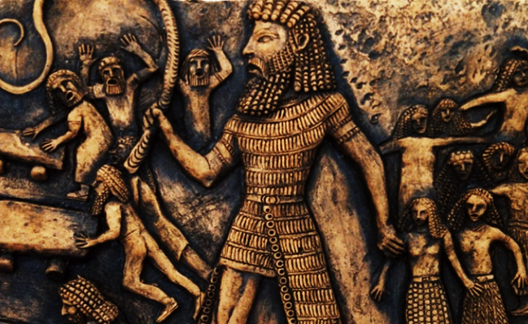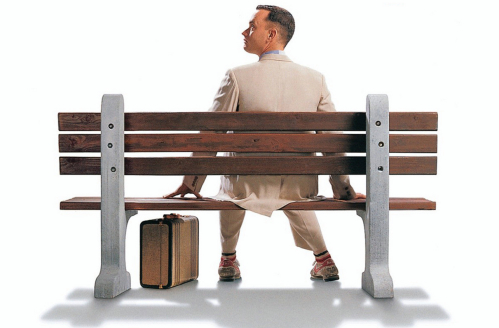Erasing
I have written about being a teaching assistant while still in college. That opportunity radically changed my Weltanschauung and positively affected my entire life. I went to Muskingum College in the early 60s. It was a requirement that all students take a course called The Arts. It was a 10-hour class that students could take in either their junior or senior year. While I didn’t ace the class, Louie Palmer, the professor, saw something in me and asked me to be his teaching assistant during my senior year. During my senior year, I taught several weekly subsections and wrote and graded the midterms and finals during both semesters. It was one of the most transformative times in my life.
I have taught art history classes at three colleges in the last quarter century. This is one of my PowerPoints for the class. I used to have my students pick an artist for the term paper. They had to discuss the pain that their artist faced in life. Without some sort of pain, no artist could obtain greatness. Read any article about Beethoven, and you will discover that his father was an alcoholic who physically abused Beethoven and his mother.
This video is from the film Immortal Beloved. Beethoven is an old man and can’t hear Ode to Joy performed. In his silence, he remembers being abused. The scene is of one of Beethoven’s escapes. It is a haunting part of his life.
Beethoven had the talent to deal with various painful experiences throughout his life and create some of the most beautiful music that the world has ever heard.
Another painful experience was Beethoven’s immortal beloved. Who was his immortal beloved? This list is long, but no one knows for sure. Another interesting question is why most of his musical compositions were faster than we are used to today?
Nevertheless, this article concerns Beethoven’s Symphony No. 3 in E flat major Eroica. Actually, that wasn’t the name of that symphony. Initially, the name of the symphony was in honor of Napoleon Bonaparte. Beethoven viewed Napoleon as a great general in the French Revolution. However, in 1804, Napoleon decided to be the French emperor. That same year, Beethoven finished Symphony No. 3 in E flat major Napoleon. When Beethoven saw that the great general had decided to be the emperor of France, he erased his name from the composition and replaced it with Eroica. It is Italian for heroic.

This brings me to Karl Rove, who was the Senior Advisor and Deputy Chief of Staff for the George W. Bush presidency. Interestingly, he was also an advisor for Trump in the 2020 presidential election.
What fascinates me about the Brains of Bush, Rove’s nickname, is that he replicated Beethoven. Beethoven and Rove saw virtue in Napoleon and Trump...for a while. Rove looked fondly at Trump during the 2020 election. Nonetheless, Rove, like Beethoven, did a similar erasing of Trump as Beethoven did with Napoleon.
Rove’s erasing Trump from his political compositions took place on cable news.
So, my Democratic hat goes off to Karl Rove for saying what is true about Donald the Dumb. Nonetheless, it raises the question, why does Rove have the courage to speak out, and why do most Republicans in Washington lack any guts? Answer: Rove isn’t running for public office.
One final artistic expression. Charles Dickens wrote in A Tale of Two Cities, “It was the best of times, it was the worst of times, it was the age of wisdom, it was the age of foolishness, it was the epoch of belief, it was the epoch of incredulity, it was the season of Light, it was the season of Darkness....” Dickens is correct.
However, each of us needs to stand up to Trump. Beginning next week, Trump will be the defendant in the hush-money trial. Surprisingly, reports indicate that three additional women will be witnesses for the prosecution: Rhona Graff, Madeleine Westerhout, and Hope Hicks. For months, news outlets have spent time talking about other witnesses: Michael Cohen, Stormy Daniels, and Karen McDougal.

















